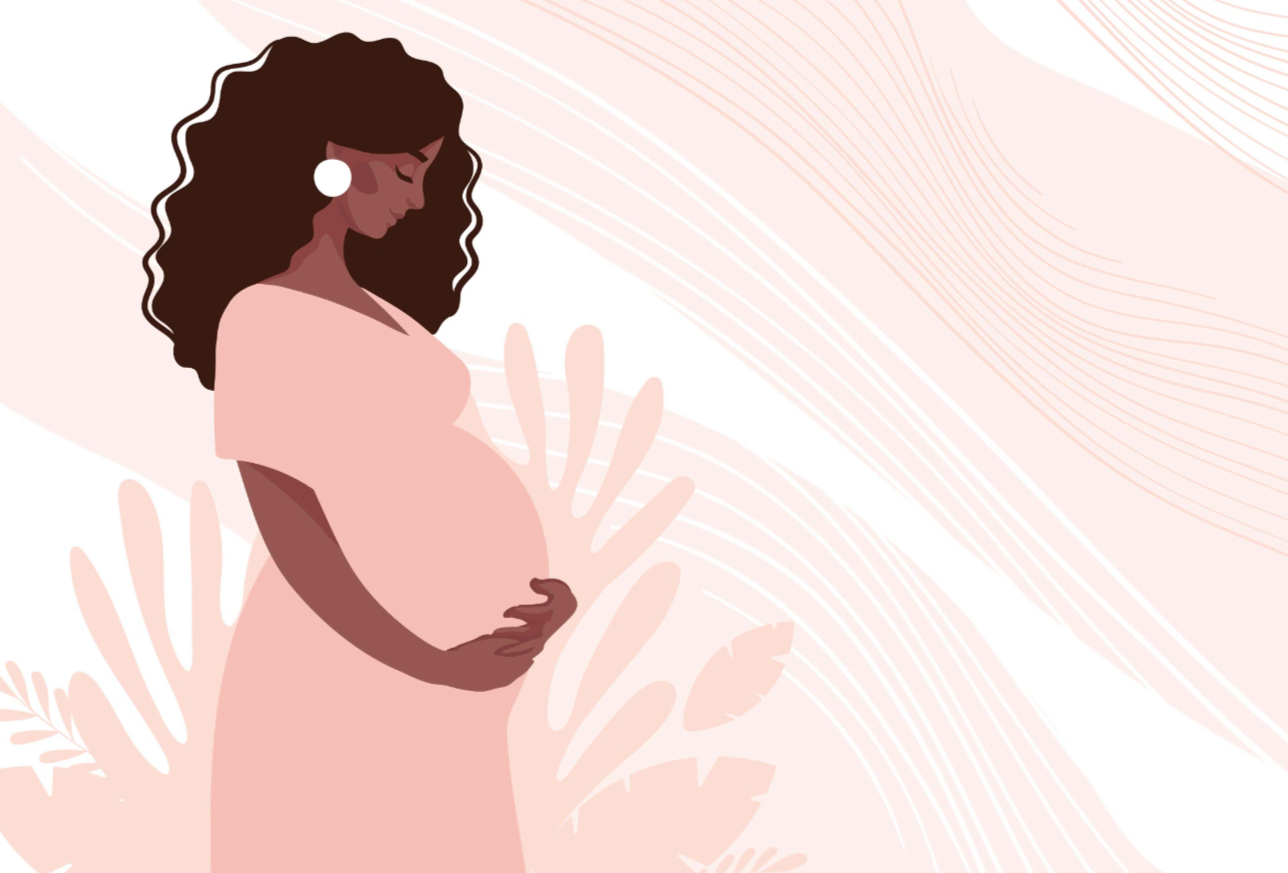(ThyBlackMan.com) On May 2, 2023, former three-time Olympic medalist and sprinter Tori Bowie was sadly found deceased in her Florida home. Bowie was estimated to be eight months pregnant and in active labor at the time of her death, according to a report from the Orange County (Fla.) Medical Examiner Office. She was only 32 years old. The loss of Bowie was certainly felt by many from her friends and family to her former Olympic teammates and competitors like Jamaican sprinter Shelly-Ann Fraser-Pryce, who tweeted: “My heart breaks for the family of Tori Bowie. A great competitor and source of light. Your energy and smile will always be with me. Rest in peace.” Bowie’s death highlights the challenges that African/Black women face in regards to their maternal mortality.

The numbers as it relates to material mortality rates for African/Black women are startling. According to the World Health Organization, Sub-Saharan Africa and Southern Asia accounted for around 87% of the estimated global maternal deaths in 2020. The major complications that account for nearly 75% of all maternal deaths are severe bleeding, infections, high blood pressure during pregnancy, complications from delivery, and unsafe abortion, according to WHO. According to the medical report, Bowie’s death may have been due to possible complications from respiratory distress and eclampsia, which is high blood pressure during pregnancy.
One of Tori Bowie’s former Olympic teammates was Allyson Felix, who is one of the most accomplished Olympic Track and Field athletes of all time. During a 2019 op-ed for The New York Times, Felix revealed that she “had to undergo an emergency C-section at 32 weeks because of severe pre-eclampsia that threatened the lives of me and my baby”. Despite being one of the most successful African/Black female athletes in the world, Felix found her and her baby’s health at considerable risk similar to the high-profile childbirth for tennis great Serena Williams of her daughter Alexis Olympia. Williams nearly lost her life as well.
The story of Tori Bowie, the woman, was interesting has she had a rocky childhood as her mother gave her and her older sister over to the foster care system when Bowie was 2 years old. Her grandmother was awarded legal guardianship of her and her older sister nine months after they entered foster care and raised them in Sand Hill, Mississippi, a small country town. Bowie’s grandmother gave her both love and discipline and Bowie’s physical gifts as a youth eventually progressed as she got older and older.
While African women face high maternal health risks in Africa, things are also challenging for African/Black women living in the U.S. It’s important to note that African/Black women in the U.S. face an elevated risk of preeclampsia and eclampsia, a National Institutes of Health study says, contributing to a higher death rate before and after childbirth. There are numerous disparities in access to care and how medical professionals and doctors treat African/Black women and the story of Tori Bowie is a sad example of the fragility of African maternal mortality.
Staff Writer; Mark Hines

















Leave a Reply